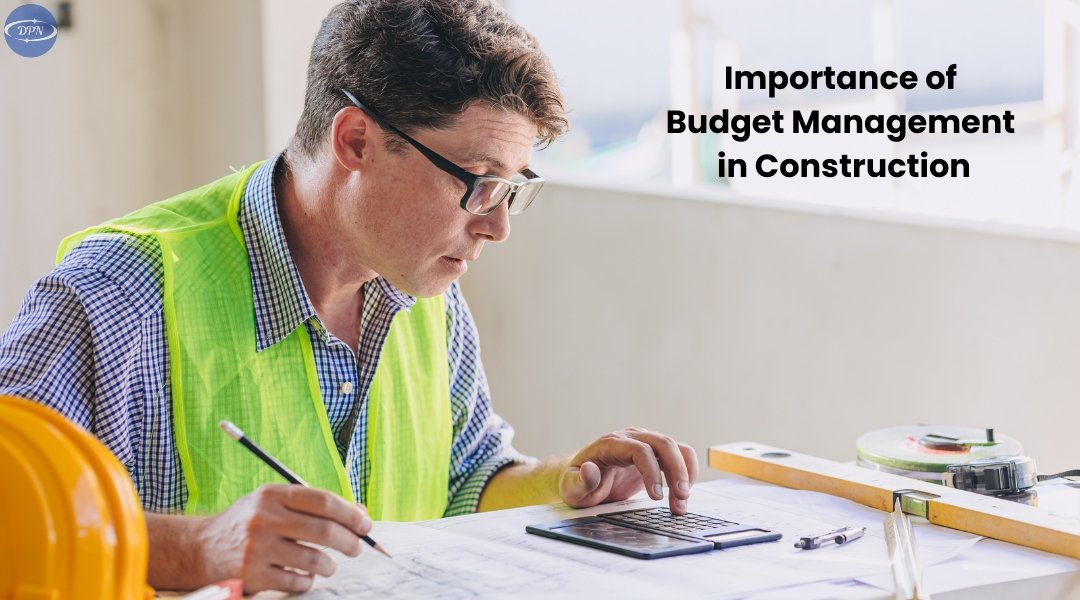Managing budgets and tracking costs are critical components of successful construction projects. Without a clear financial strategy, projects can quickly go over budget, leading to delays, disputes, and financial losses. This blog will provide you with practical tips and tools to effectively manage budgets and track costs, ensuring your construction projects stay on track financially.
Importance of Budget Management in Construction
Budget management is the foundation of any construction project. It involves planning, estimating, and controlling costs to ensure the project is completed within the approved budget. Effective budget management helps in:
- Preventing Cost Overruns: By planning and monitoring expenses, you can avoid unexpected costs.
- Ensuring Financial Stability: Proper budgeting ensures that funds are available when needed, preventing cash flow issues.
- Achieving Project Goals: A well-managed budget aligns with project objectives and timelines.

Steps to Effective Budget Management
- Detailed Estimation: Begin with a detailed cost estimate covering all aspects of the project, including materials, labor, equipment, and contingencies.
- Realistic Contingencies: Set aside a realistic contingency fund to cover unforeseen expenses.
- Resource Allocation: Allocate budget resources efficiently across different phases of the project.
- Regular Updates: Regularly update the budget as the project progresses to reflect any changes.
- Ongoing Monitoring: Implement a system for ongoing budget monitoring to track actual expenses against planned costs.
- Cost Control Mechanisms: Use cost control mechanisms like cost codes and budget variance analysis to identify and address any deviations promptly.
Tools and Techniques for Cost Tracking
Tools and Techniques for Cost Tracking
Effective cost tracking involves monitoring and recording all expenses throughout the project lifecycle. Here are some tools and techniques that can help:
- Integrated Systems: Use project management software that integrates budget management, cost tracking, and reporting functions.
- Real-time Data: Ensure the software provides real-time data for accurate tracking and decision-making.
- Daily Logs: Maintain daily logs of expenses to capture every cost incurred.
- Invoice Management: Implement an efficient invoice management system to track payments and outstanding amounts.
- Periodic Audits: Conduct regular audits to ensure compliance with budget plans and financial policies.
- Performance Reviews: Regularly review project performance to identify cost-saving opportunities and areas for improvement.
Best Practices for Budget Management and Cost Tracking
- Open Communication: Foster open communication among project stakeholders regarding budget status and cost concerns.
- Transparent Reporting: Use transparent reporting practices to keep everyone informed about the financial health of the project.
- Ongoing Training: Provide ongoing training for project managers and financial staff on best practices in budget management and cost tracking.
- Knowledge Sharing: Encourage knowledge sharing and collaboration to improve financial management skills across the team.
- Adopt Technology: Embrace modern technology solutions to streamline budget management and cost tracking processes.
- Data Analytics: Utilize data analytics to gain insights into spending patterns and make informed financial decisions.
Conclusion
Effective budget management and cost tracking are essential for the success of any construction project. By planning meticulously, using the right tools, and adhering to best practices, you can ensure that your project stays within budget and meets its financial goals. Implement these strategies to achieve financial success and complete your construction projects efficiently and profitably.
Digital Marketing & Project Manager with 11+ years of experience driving B2B/B2C growth. Specializes in scalable strategies that consistently deliver impressive results, including 40-80% revenue growth, 50%+ traffic boosts, and 35% MQL conversions. Proficient in digital marketing techniques such as SEO, SEM, PPC, social media, email marketing, and utilizing marketing automation tools like Marketo, HubSpot, and Salesforce. Demonstrated success in managing marketing budgets exceeding $1.3M and leading cross-functional teams to achieve 25-70% revenue and client growth. Skilled at aligning digital roadmaps with business goals for clients. Adept in data analysis and web analytics to inform decision-making. Known for pioneering AI-driven campaigns and leveraging predictive trends for a competitive edge.